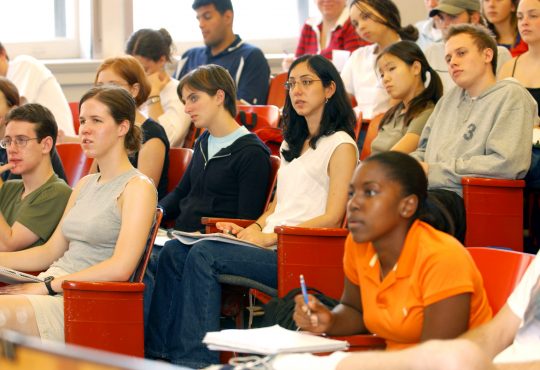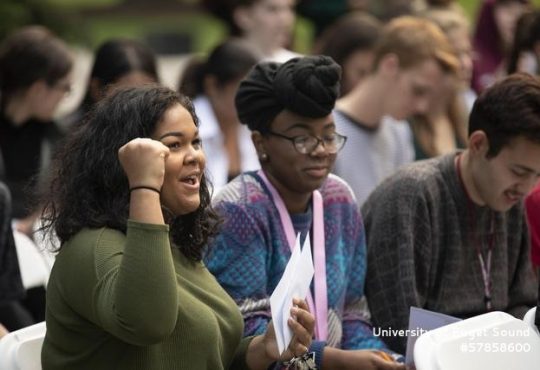By Nicholas Schmidt
“This place is expensive,” wrote one student anonymously, “and in my experience a lot of us are entitled brats (including myself), so people from the lower class probably will never think or want to come here.”
As it turns out, the student population is not as rich as it seems: Puget Sound hosts a silent majority of middle- and low-income individuals.
Information on students’ incomes is mostly publicly available, the problem is finding it. By law, the University must publish a wealth of data to the National Center of Education Statistics (NCES). The parental income of first-year students is given in the boring recesses of the Integrated Postsecondary Education Data System (IPEDS).
The catch is that schools don’t need to collect information on parental income; only students applying for federal student aid need to submit this information. That’s a flag for bias because it under reports wealthy students.
Nonetheless, the report has its surprises. Take the fact that more than half of 2012 first years got federal student aid, meaning those students demonstrated financial need. Also, of those students, more than 64 percent had household incomes of less than $110,000 a year. Sure, the upper-income tier starts at around $100,000, but college in general is still predominantly attended by the wealthy, and private liberal arts colleges like Puget Sound even more so.
In that sense, 64 percent non-upper class is impressive. Despite the numbers stating otherwise, the 2012 Puget Sound Climate Survey indicated that many still feel that the school is entirely made up of wealthy students.
“From my experience socioeconomic status is the most discriminatory factor at Puget Sound… as a bottom of the middle class student I still struggle to fit into the materialistic norms of the University,” one respondent said, “While the student body is far too nice to openly mock people for their clothing or lack of belongings, it is difficult to keep up with norms such as clothing styles, technology [or] going out camping/to Seattle/on the town.”
“There is an obvious gap between the wealthy and not within the school… and saying things like ‘I don’t have the money,’ students often respond like ‘Can’t you ask your parents?’… But I don’t ask my parents these things nor do they have the means to support me doing unnecessary things. Kids here don’t always understand that money isn’t as accessible as it is for them,” another student said.
This culture of consumption leaves some students in an uncomfortable situation. It often results in income-based cliques because of incompatible lifestyles, which is not good, but arguably worse is the alternative in which students go for expensive conformity, blissfully unaware that they can’t afford to conform.
Going out for sushi twice a week, bimonthly concerts and frequent shopping trips at Pike Place are possible at the expense of a generous mom or dad, or by putting it on the credit card, or by using that student loan. In the end, however, this campus lifestyle will come back to haunt them; when the student leaves the campus safety net and gets a job, they’ll bring the Puget Sound-grown lifestyle with them and spend beyond their means.
The University is inadvertently a breeding ground for the high-end lifestyle and financial ignorance.
Some students can get away with this lifestyle because they actually are wealthy enough to afford them.
Many more are simply fooling themselves. The University of Puget Sound has a moral duty to get students out from ignorance and recognize the dangers of a loose-cash lifestyle. Pop the bubble before it’s too late.



